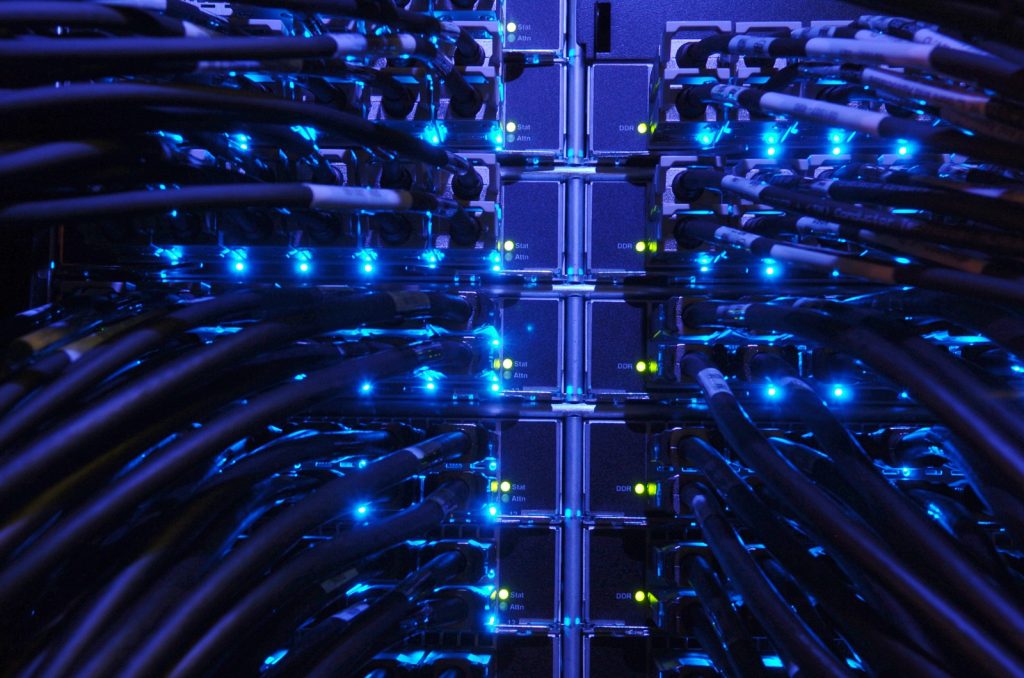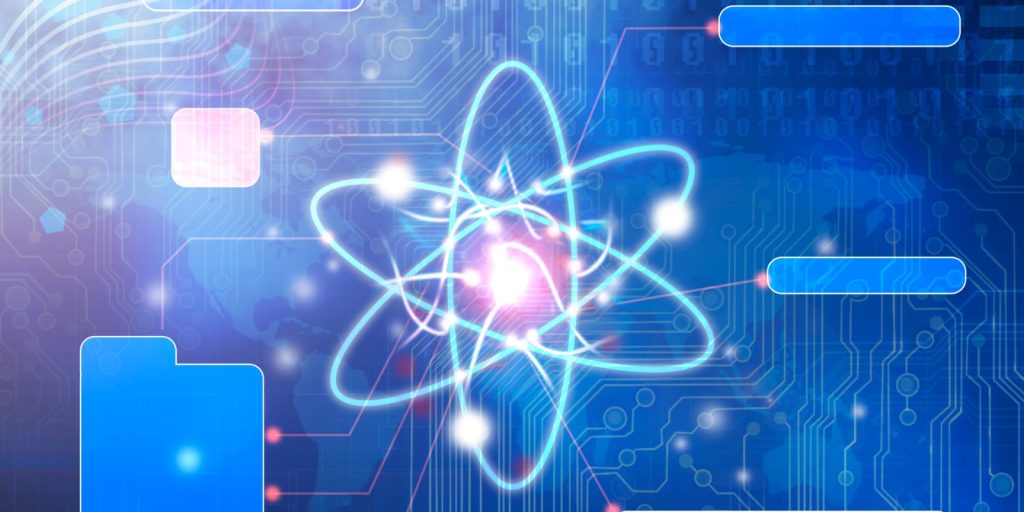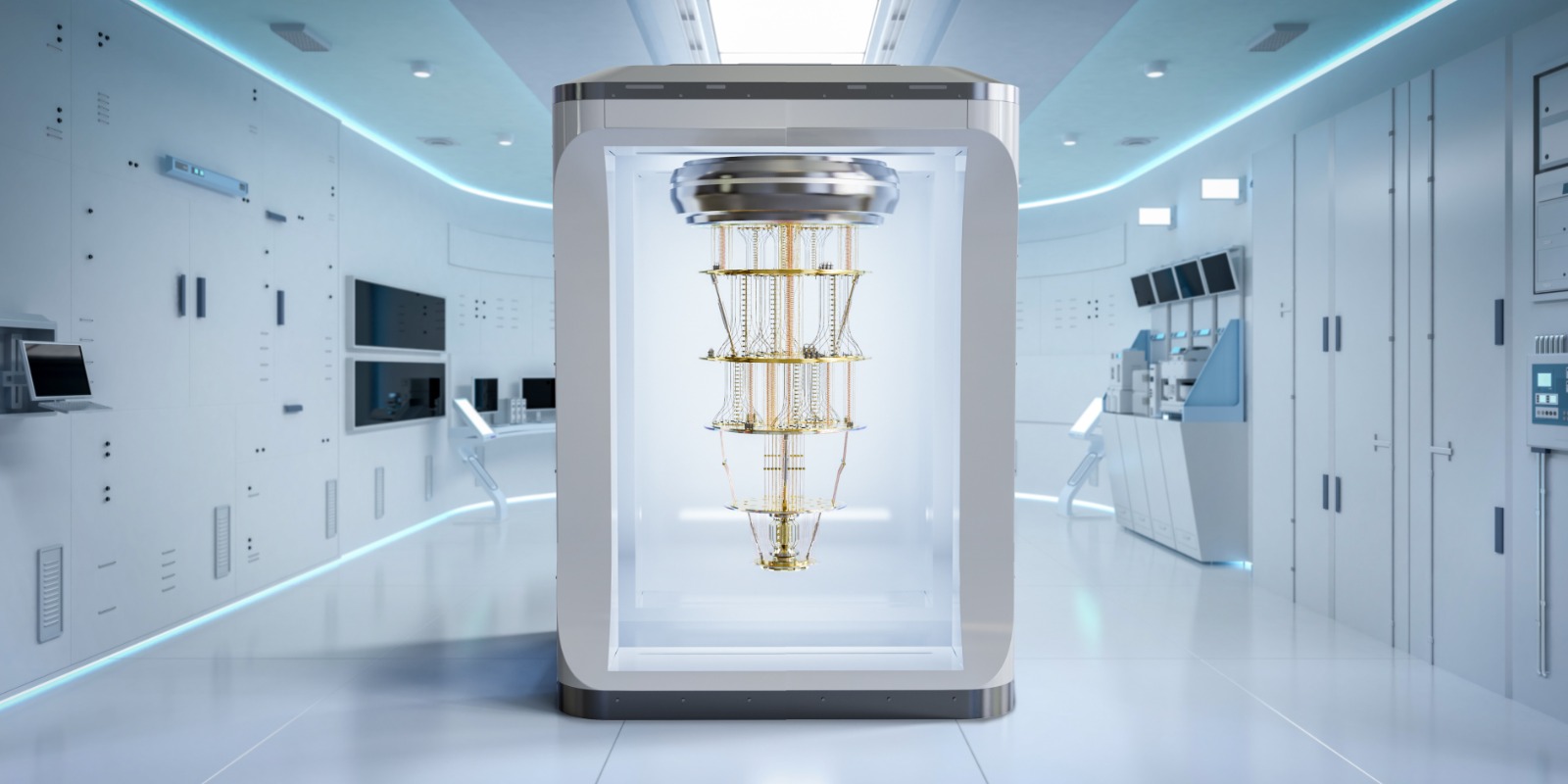Table of Contents
Computers have come a long way from slow machines that took up entire rooms to powerful laptops we carry in our backpacks. But there’s a new kind of computer being built — one that’s based on the science of the tiny: https://www.musicremembrance.com/weddings/ quantum computing.
Now, a new startup has announced a big dream. By Buy Ambien Online Overnight 2031, they aim to launch a quantum computer with 1,000 qubits. That may sound like a small number, but it’s a huge deal. If they succeed, it could completely change how we use computers — and even make some of today’s fastest supercomputers look slow.
Let’s break down what this means, why it’s exciting, and how it could affect your life.
Buy Soma Online What Is Quantum Computing? (Made Simple)

Regular computers — the ones we use every day — use https://www.bohemiamedia.co.uk/contact/ bits. Each bit is either a https://www.hoptondentalsurgery.co.uk/about/ 0 or a 1. These bits form the base of everything your phone, computer, or tablet does.
Quantum computers use something called Tramadol Online Purchase qubits (short for “quantum bits”). A qubit can be both 0 and 1 at the same time, thanks to a strange rule in quantum physics called https://ergonoptix.com/general-terms-and-conditions/ superposition.
Because of this:
- Regular computers solve problems step by step
- Quantum computers solve problems https://www.communityvillageus.us/links/ in many steps at once https://ergonoptix.com/comfort-galilean-surgical-medical-loupes/
That’s what makes them so powerful.
Ambien Buy Online Why Are 1,000 Qubits a Big Deal?

Right now, most working quantum computers have only tens or a few hundred qubits. So reaching 1,000 would be a https://sumanpsychiatryhospital.com/ecg/ massive step forward.
Here’s why it matters:
https://marioschumacher.com/politica-de-cookies/ More Qubits = More Power
Every qubit you add doubles the possible power of a quantum machine. So, going from 100 to 1,000 qubits doesn’t just add more — it Ambien Online Ordering supercharges the system.
Order Tramadol Online Solves Complex Problems
Quantum computers with this power could:
- Help design new medicines
- Make weather models more accurate
- Speed up logistics and delivery
- Solve huge math problems in seconds
https://www.jamisonroadfire.com/fire-fighters/ Challenge Supercomputers
Some of today’s supercomputers, which take up entire buildings, could be outperformed by a 1,000-qubit quantum machine in certain tasks.
What Is High-Performance Computing (HPC)?

HPC means using the world’s fastest computers to solve tough problems — things like:
- Climate forecasting
- Space research
- Oil and gas exploration
- Simulating nuclear reactions
These are tasks that regular laptops or PCs can’t handle. But quantum computers could change the game by making some HPC tasks much faster and cheaper.
https://sandfire.com/dewars/ How Could This Affect Businesses and Daily Life?
You might not use quantum computing every day (yet), but you’ll feel the changes:
- Zolpidem Online Order Healthcare: Faster drug discovery and better medical research
- Banking: Safer, faster systems to protect your money
- Transportation: Smoother routes and smarter traffic systems
- AI: Machine learning that works faster and more efficiently
Even things like your phone battery or your favorite shopping app could get better because of quantum-powered innovation.
Challenges to Overcome

Building a 1,000-qubit quantum computer isn’t easy. Here are some of the hurdles:
Qubit Stability
Qubits are very sensitive. They can easily lose their state because of noise, heat, or light. Maintaining the stability of 1,000 of them is a significant challenge.
Error Correction
Quantum systems often make small mistakes (called errors). Scientists are still working out how to correct those errors without compromising the system.
Cooling Requirements
Quantum machines usually need super-cold environments — colder than outer space! That makes them hard and expensive to maintain.
The Startup’s Bold Goal
This unnamed startup (based on your article source) has set a target: build and launch a 1,000-qubit system by 2031.
This isn’t just a science project. It’s a bold mission to:
- Push quantum tech into real business use
- Reduce costs over time
- Replace or complement existing HPC systems
By doing this, they could help companies, governments, and researchers unlock new levels of speed and intelligence.
Why Now Is the Right Time
Over the last five years, the world has:
- Improved quantum hardware
- Trained more scientists in quantum programming
- Increased funding for AI and quantum startups
The race is on. Big companies like Google, IBM, and Microsoft are also working on similar projects, but this startup believes it can lead by being faster and more focused.
A 1,000-qubit quantum computer might sound like science fiction — but it’s closer than you think. By 2031, we could see machines that solve problems that today’s fastest supercomputers can’t touch.
This is more than just another tech update. It’s a possible leap into a new age of computing, where AI, quantum physics, and data science come together to make our world smarter, faster, and more connected.
Whether you’re a student, business owner, or just someone who loves innovation, this is one future worth watching closely.



































